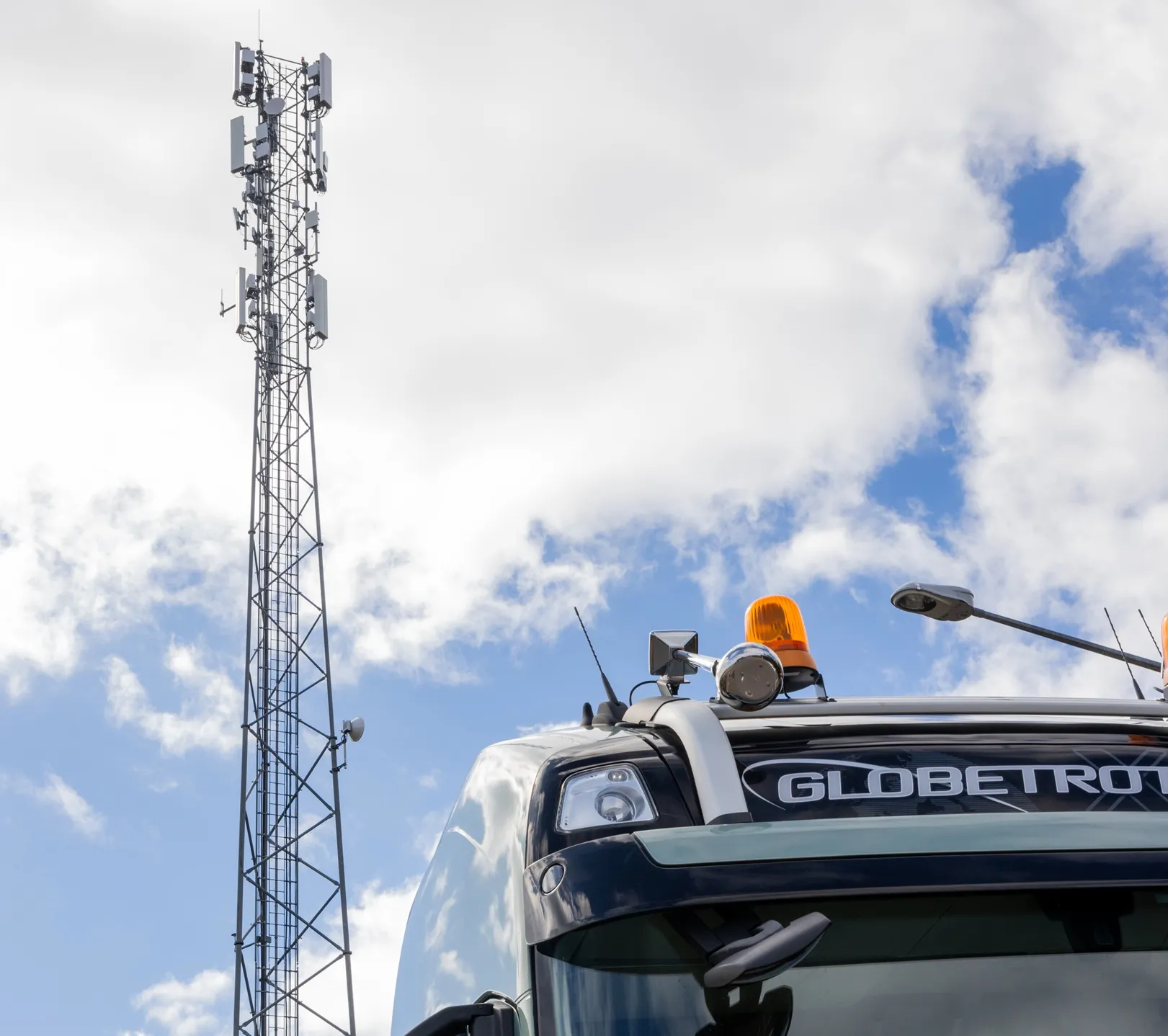Toyota Research Institute (TRI), which is developing which is artificial intelligence and autonomous vehicles, has hired the software engineering team of Massachusetts-based Jaybridge Robotics, which has focused on reliable automation of industrial vehicles, working with partners across a range of industrial applications including agriculture, mining, marine, and rail.
The former Jaybridge team has joined TRI's Cambridge, Massachusetts, facility. Like everyone else at TRI, they will be working closely wi
March 11, 2016
Read time: 2 mins
The former Jaybridge team has joined TRI's Cambridge, Massachusetts, facility. Like everyone else at TRI, they will be working closely with counterparts at TRI facilities across the US, as well as with partner Toyota research and development teams around the world.
“TRI's mission is to bridge the gap between research and product development in many areas, including artificial intelligence, robotics and autonomous passenger vehicles,” TRI CEO Gill Pratt said. “The 16-member Jaybridge team brings decades of experience developing, testing, and supporting autonomous vehicle products which perfectly complements the world-class research team at TRI.”
Jaybridge CEO Jeremy Brown added, “Where Jaybridge has historically limited its focus to industrial applications such as agriculture and mining, TRI is going after the big one: helping to reduce the nearly 1.25 million traffic fatalities each year, worldwide. We couldn't be more excited.”









